The New School Free Press sits down with the newly appointed President of TNS
After 20 years at The New School, Joel Towers stepped into a new role as the 10th president of TNS this semester. President Towers began his time at TNS in 2004 as a full-time faculty member and the first director of sustainable design and urban ecology at Parsons School of Design. Five years later, a nomination from other faculty saw him appointed dean of Parsons.
After another nomination from his colleagues officially brought him the title of university president on Aug. 1, the New School Free Press sat down with President Towers to discuss his past career and future plans at The New School.
His predecessor, Interim President Donna E. Shalala, held the position for one year and left the community with questions about future divestment plans and concerns regarding the university’s response to student-led demonstrations.
“I’m not going to relitigate the decisions that Donna made. I think it’s important for me to be focused going forward,” President Towers said.
Towers said he plans to take the approach of respectful communication, holding intimate conversations with students, faculty, and staff. He stands firm, however, to uphold the university’s Code of Conduct and community standards.
Nevertheless, as collective actions continue, uncertainty remains about how President Towers intends to respond to them — a question that came to a head at a recent demonstration in front of Alvin Johnson/J.M. Kaplan Hall on Sept. 12.
In a video posted to Instagram stories, Towers can be seen as a student is led out of the Lang building after attempting to enter via the 11th Street entrance. Towers emphasized that he arrived after the student had already been placed in handcuffs.
An Instagram post by The New School’s Students for Justice in Palestine (SJP) stated that the individual was not participating in the demonstration at the time of the arrest and was only observing before attempting to enter the building.
In video footage posted of the arrest, a student stated that a New York Police Department (NYPD) officer told them that TNS campus security allowed officers to enter the building and make the arrest.
When asked whether NYPD officers are permitted to enter campus buildings without authorization from TNS administrators, President Towers said that the arrest on Sept. 12 was a result of the NYPD accompanying an ongoing demonstration that walked by other college campuses and “not based on anything that we did.”
He reiterated that in other circumstances, “the police wouldn’t come into our buildings unless they were called into our buildings for reasons …where we’re beyond our ability to manage based on the agreements that we have,” referring to the university’s Code of Conduct.
President Towers noted that the university had reached out to the student who was arrested, as well as the DA’s office through the university’s legal counsel to “make sure that we have no intention of charging anything to that student.”
Last semester’s demonstrations and Gaza Solidarity Encampments drew a large NYPD presence and were met with consequences from the university for violating campus policy. With regard to how the administration intends to balance students’ freedom of expression with physical safety on campus, President Towers said, “Our code of conduct assures freedom of expression. It speaks to it in the code,” however, “Freedom of expression does not equate to encampment. It just doesn’t. Freedom of expression doesn’t give you the right to override other considerations for the safety of operations, right?”
When asked if any consequences will be taken against student demonstrations, President Towers deferred to an email he sent the second week of his presidency, which states that the university will not “accept the occupation of our buildings as a form of protest” as these actions violate the university’s Code of Conduct,and “violate various laws and regulations.”
“If it’s a student, a consequence can include suspension or expulsion. If it’s a staff member or a faculty member, it can include up to termination. If those actions break laws, they can include arrest. That’s the world we live in … I am not doing anything different than what our agreements are,” he told the New School Free Press.
“I fundamentally believe that this community is capable of self-regulation, of holding ourselves accountable to the norms and agreements and community standards that we have already set for ourselves,” he said.
President Towers continued to defer to his email from Aug. 15 when asked about student demonstrations, including in reference to parents’ concerns for their students’ safety on campus. In his experience, he “heard an overwhelming level of support for having been very clear about what the ground rules were,” and has not heard from concerned parents, but went on to say, “I accept the critique that the university could and should do better in communicating with all groups, including parents.”
President Towers spoke about how collaboration and a shared commitment to the university are his two main takeaways from his tenure at TNS. “I think [collaboration is] fundamentally based on dialogue, on constructive disagreement,” Towers said. “A shared commitment is to say we are here for a purpose which we are constantly defining and redefining, but we do that through our mutual respect and engagement.”
A central demand of demonstrations on campus has been to divest the university endowment from companies engaging in the military industry in Gaza, Israel, and the West Bank. During his time as dean of Parsons, President Towers collaborated with the Advisory Committee of Investor Responsibility (ACIR) in 2014 to participate in a parallel process to divest from fossil fuels. He said the process of divesting was “long, arduous, and frustrating.” However, he believes the resolution was successful in questioning The New School’s financial allocation and aligning it further with the university’s beliefs and values.
Last semester, students discovered that TNS’ endowment was still invested in Chevron, a company specializing in oil and gas, despite the divestment effort in 2014.
“We don’t own individual companies. So it’s not that we can say, ‘we own stock in Chevron, and therefore divest [from] it,’” Towers said in response to a question about future plans to divest from Chevron. “We participate in these funds that are managed, and stocks move in and out of those funds.”
He went on to explain, “ If you’re in these blended funds, you should make sure that they have less than a threshold of anything that you’ve tried to screen out. [Environmental, social, and governance (ESG)] standards for fossil fuels range from 1% to 5% or 2% to 5% of a portfolio. Our exposure to Chevron, if I’m not mistaken, last spring, was at less than 1%.”
However, in 2015, TNS released a press statement stating that the initiative Towers assisted, and was approved by the Board of Trustees, would “divest from all fossil fuels.”
In the same year, President Towers was interviewed by City Atlas and said that TNS “is already investing more money from its endowment in renewable energies than it still has in its endowment in fossil fuels. We’re already double that amount on the positive side, and we will reduce down to zero [fossil fuel] investments.”
When asked if the practices used to divest from fossil fuels could be used today to divest from companies arming and supporting Israel, President Towers said, “Unlike fossil fuels … in economic terms, there’s no analysis that suggests military firms are at risk of generating less revenue in the future. There isn’t a stranded assets argument. That doesn’t mean that there aren’t other questions related to that investment in the military, and I think those are the ones that are before the community.”
Moving forward in his presidency, Towers continues to acknowledge the negative connotations and level of distrust that comes with being president of TNS. “All I would ask. Judge me by my actions. I have been here, stayed here, advanced initiatives here, participated in issues,” Towers said. “So there’s the person, and there’s the position.”

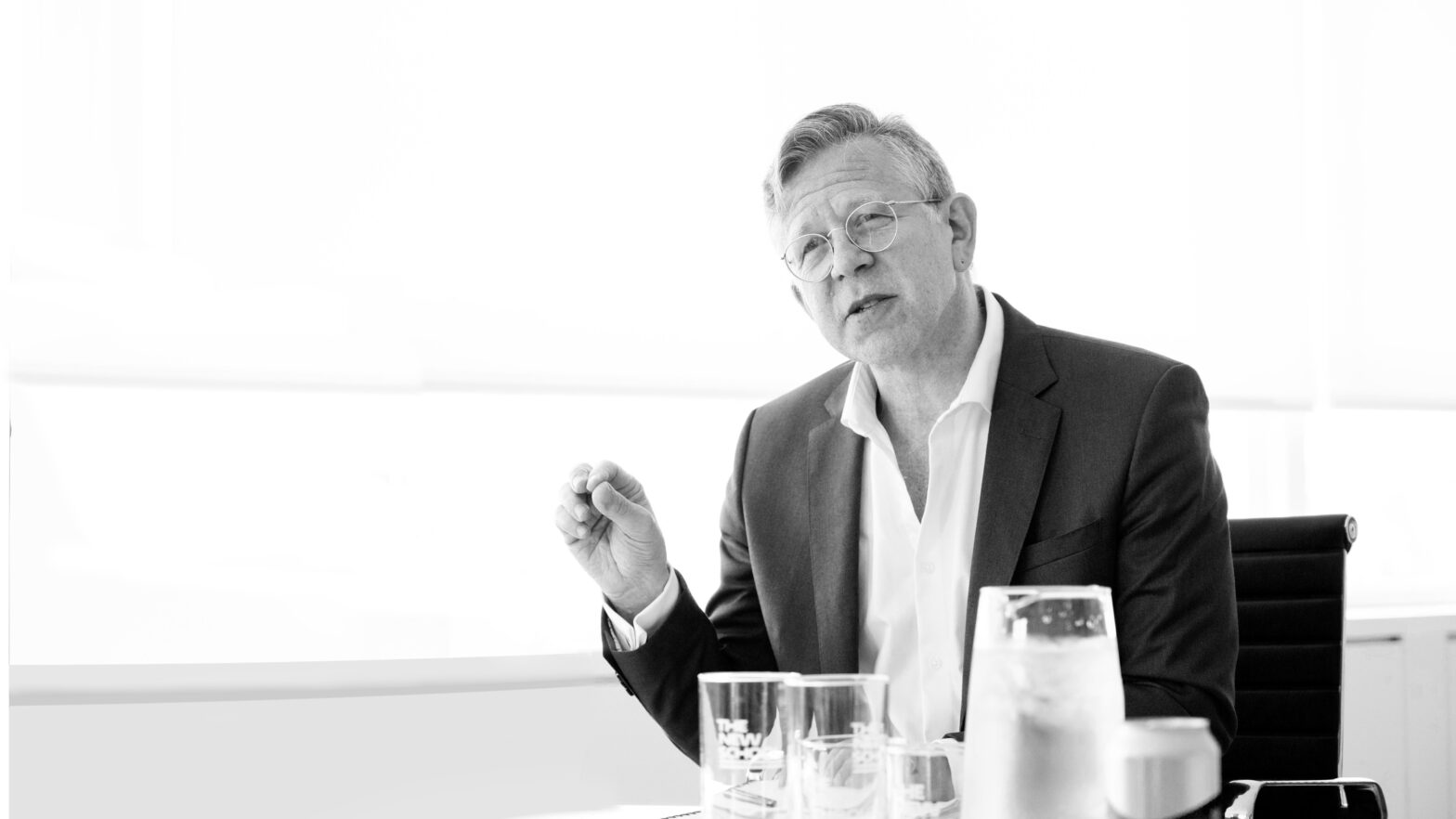
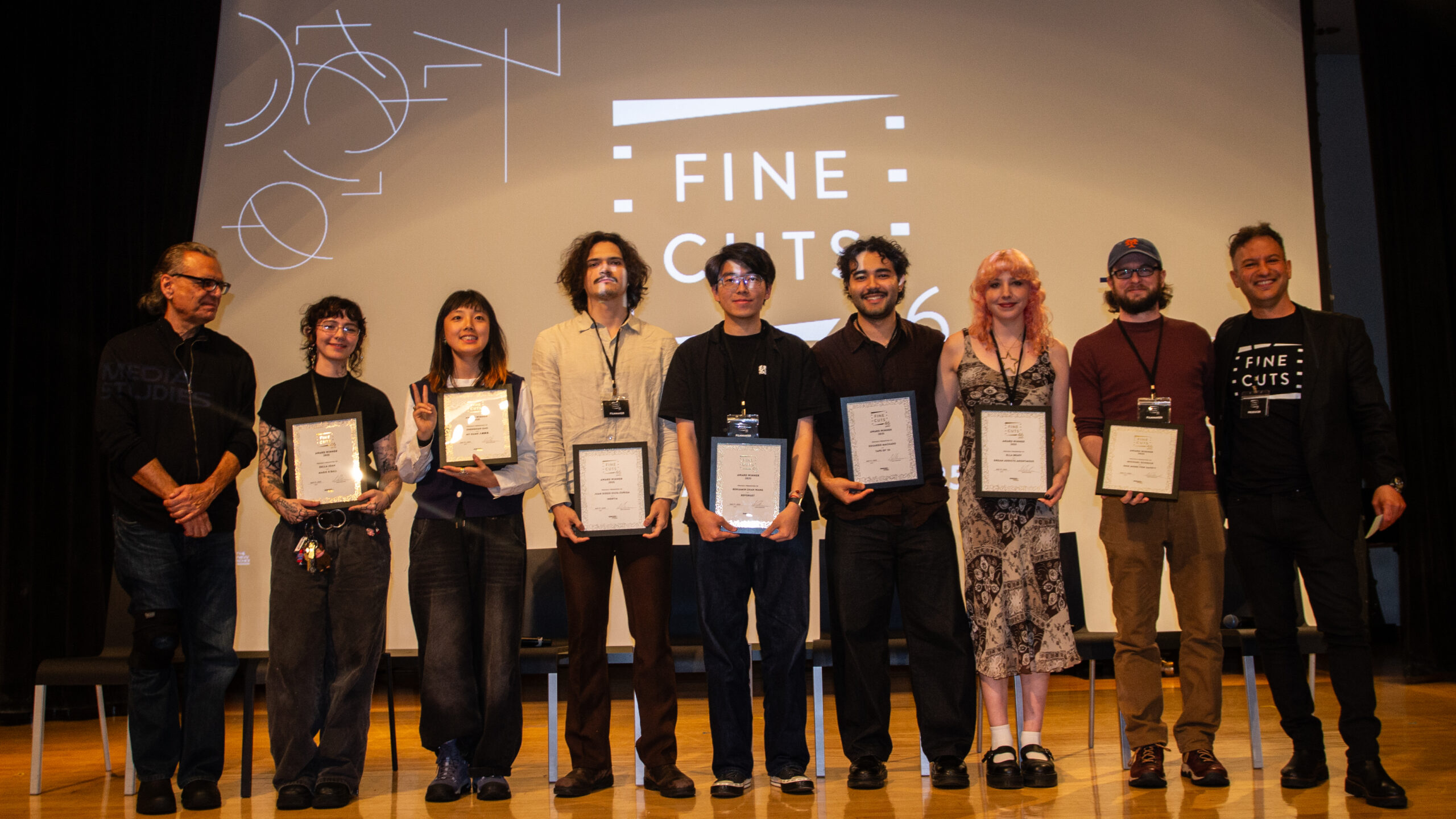
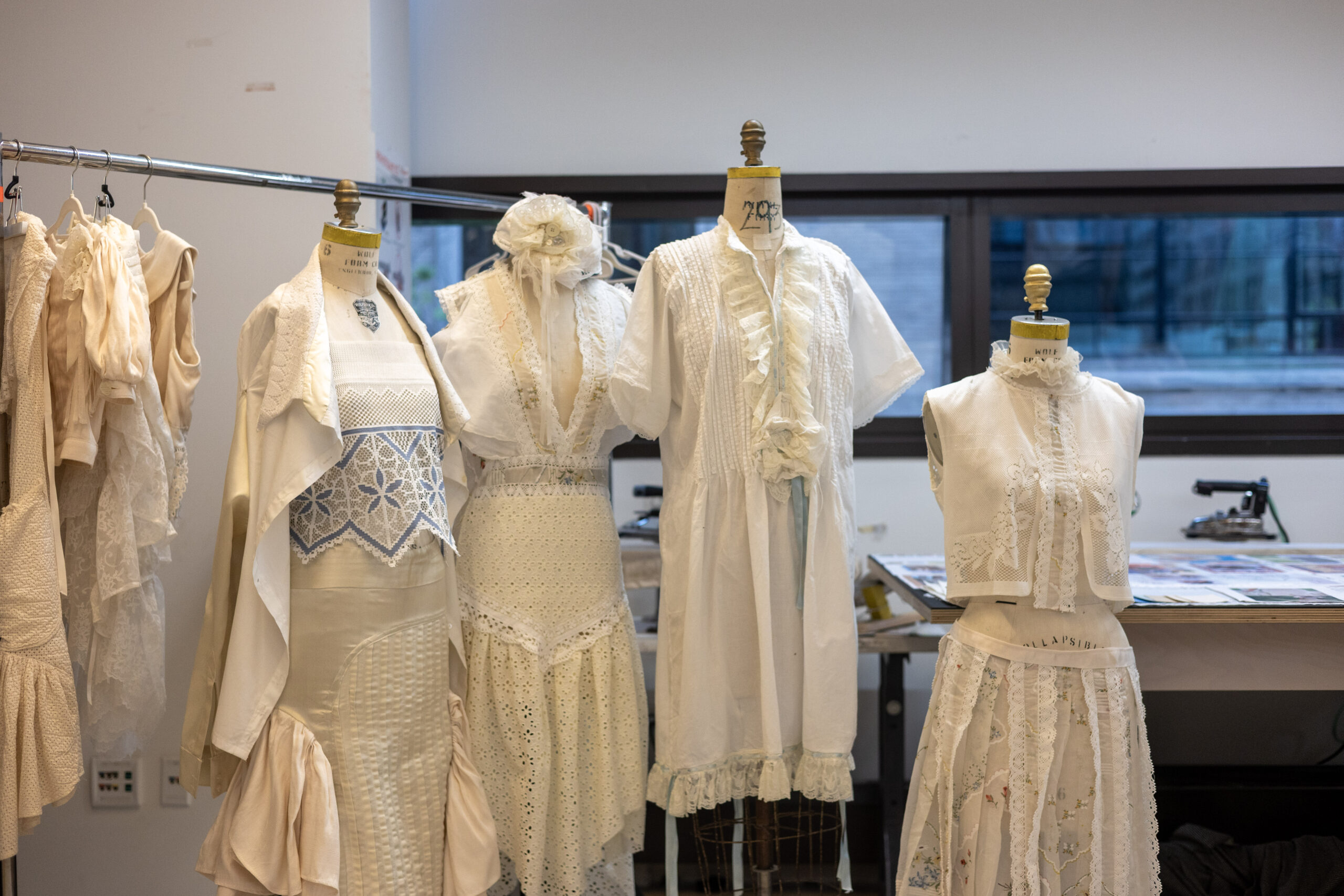

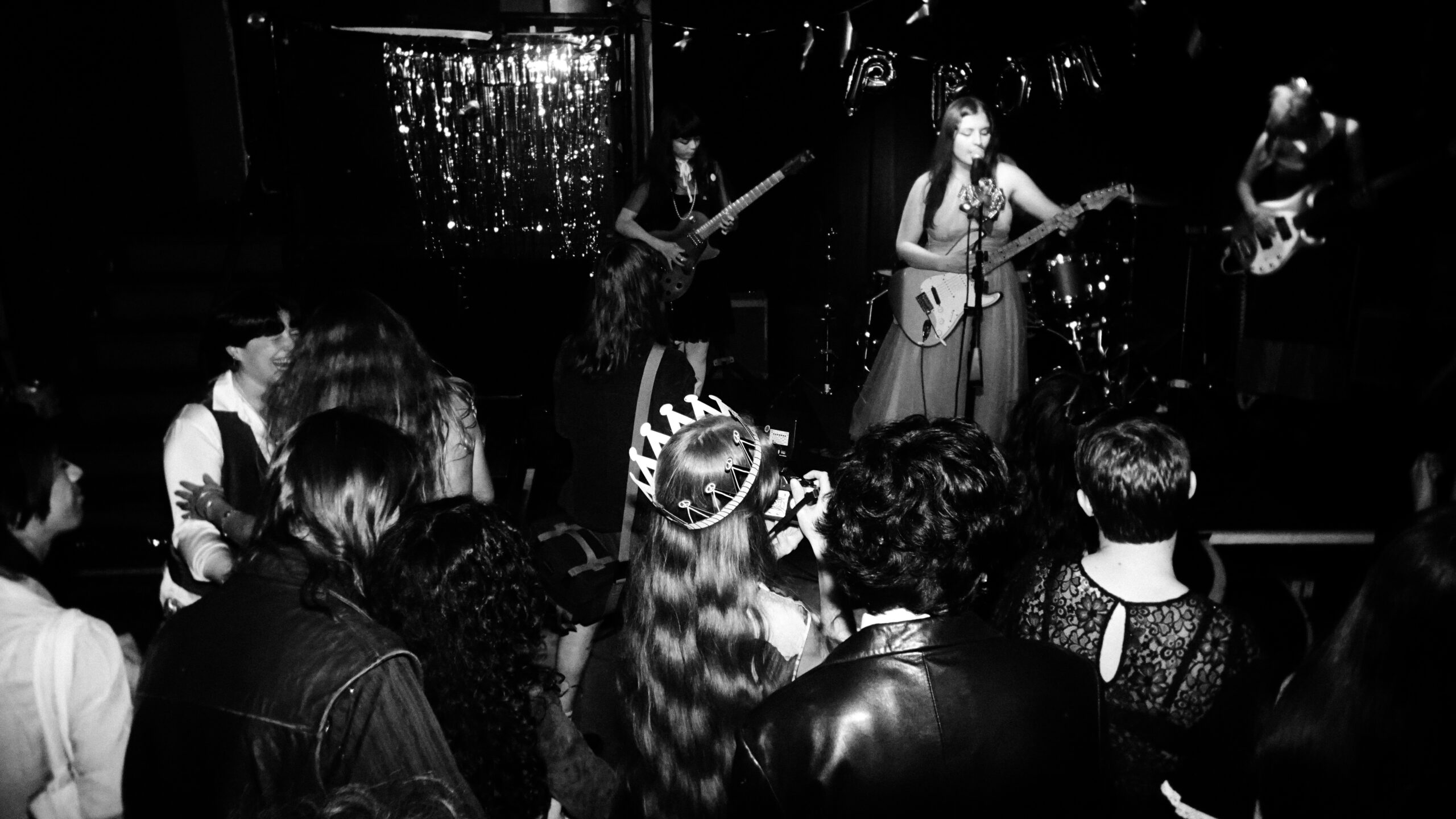
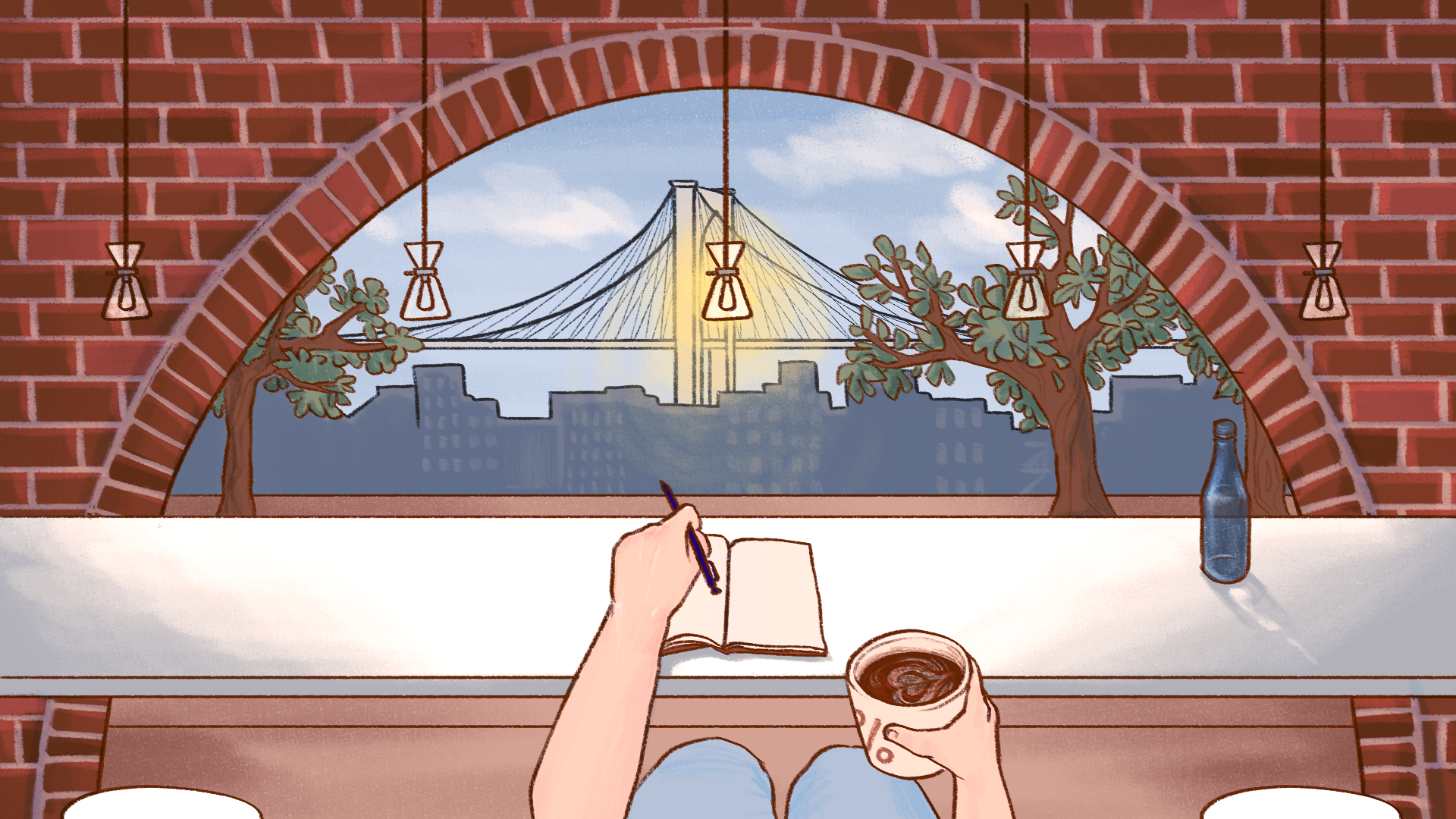

Leave a Reply